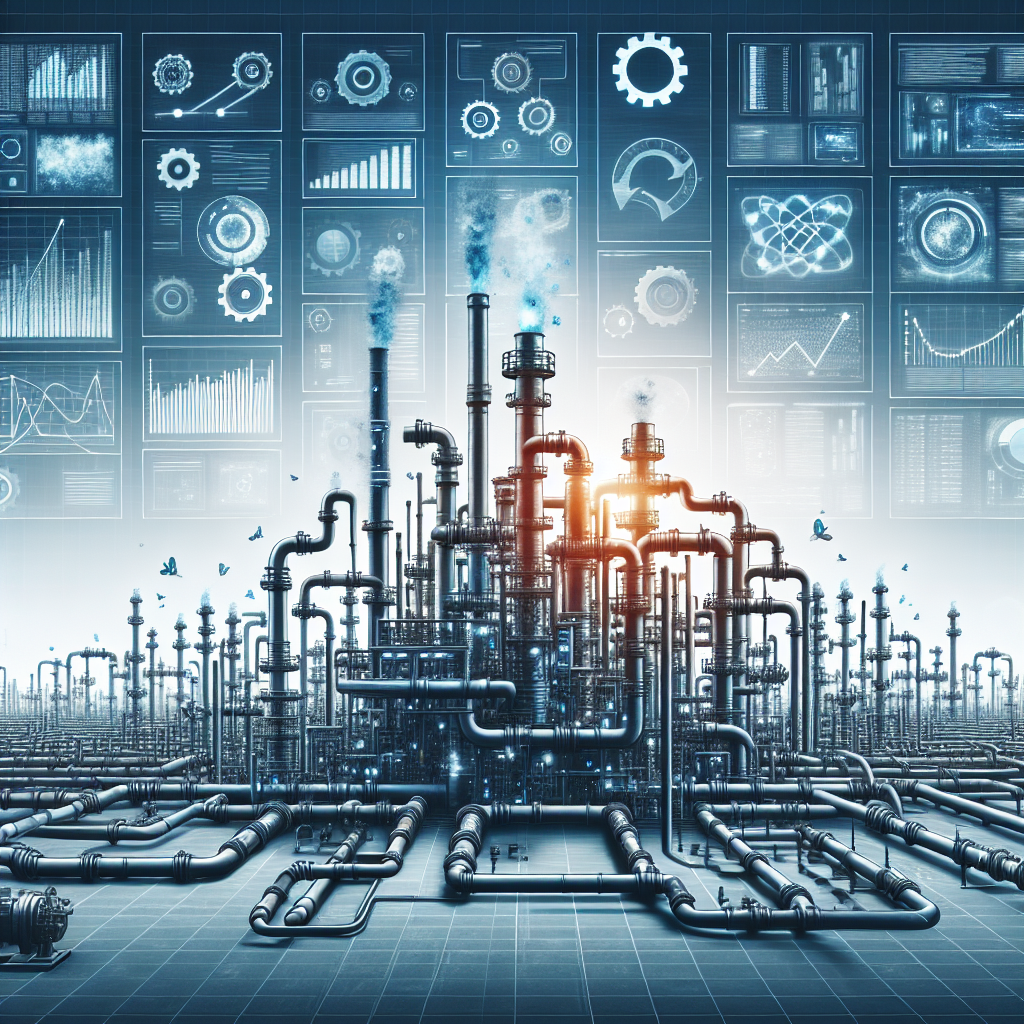Geothermal energy is a renewable energy source that harnesses the heat from the Earth’s core to generate electricity. It is a clean and sustainable energy option that has the potential to significantly reduce greenhouse gas emissions and combat climate change. However, in order to maximize the potential of geothermal energy, it is essential to optimize the systems used to harness this energy. Artificial intelligence (AI) has emerged as a powerful tool in optimizing geothermal energy systems, improving efficiency, reducing costs, and ultimately making geothermal energy more accessible and widespread.
AI in geothermal energy systems can be used in a variety of ways, from predicting reservoir behavior to optimizing drilling operations. One of the key areas where AI can make a significant impact is in reservoir management. By analyzing vast amounts of data collected from geothermal wells, AI algorithms can predict reservoir behavior, identify potential issues, and optimize production strategies. This can help geothermal operators maximize energy output, minimize downtime, and reduce operating costs.
Another important application of AI in geothermal energy systems is in drilling operations. Drilling geothermal wells is a complex and costly process, and AI can help improve efficiency and reduce risk. By using AI algorithms to analyze geological data and predict subsurface conditions, drilling operations can be optimized to minimize costs and maximize success rates. AI can also be used to monitor drilling operations in real-time, allowing operators to make adjustments on the fly and avoid costly mistakes.
In addition to reservoir management and drilling operations, AI can also be used to optimize power plant operations. By analyzing data from sensors and control systems, AI algorithms can predict equipment failures, optimize energy production, and improve overall plant efficiency. This can help geothermal power plants operate at peak performance, reducing downtime and maximizing output.
Overall, the role of AI in optimizing geothermal energy systems is to improve efficiency, reduce costs, and make geothermal energy more competitive with other energy sources. By harnessing the power of AI, geothermal operators can maximize the potential of this renewable energy source and help accelerate the transition to a clean energy future.
FAQs:
Q: How does AI help optimize geothermal energy systems?
A: AI can be used to analyze vast amounts of data collected from geothermal wells, predict reservoir behavior, optimize drilling operations, and improve power plant efficiency. By using AI algorithms, geothermal operators can maximize energy output, reduce costs, and improve overall system performance.
Q: Can AI help reduce the environmental impact of geothermal energy systems?
A: Yes, by optimizing geothermal energy systems, AI can help reduce the environmental impact of geothermal energy production. By improving efficiency and reducing costs, AI can help make geothermal energy more competitive with other energy sources, ultimately leading to a reduction in greenhouse gas emissions and a more sustainable energy future.
Q: What are the challenges of implementing AI in geothermal energy systems?
A: One of the main challenges of implementing AI in geothermal energy systems is the complexity of the data involved. Geothermal systems generate vast amounts of data from sensors and control systems, and analyzing this data can be a daunting task. Additionally, there may be resistance to adopting new technologies and processes within the geothermal industry. However, with the right expertise and resources, these challenges can be overcome, and AI can be successfully integrated into geothermal energy systems to optimize performance and efficiency.

